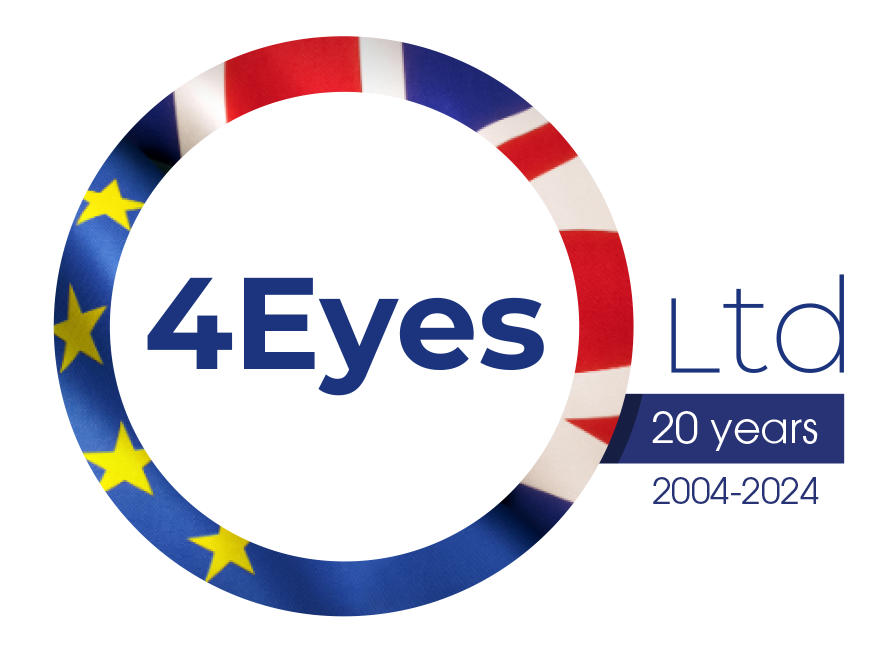Reclaiming UK excise duty for alcohol
It may be possible to recover UK excise duty on returned goods but the process is not straightforward and is time limited and subject to minimum limits.
International sellers, selling into the UK, including online retailers and suppliers to UK distribution channels such as supermarkets, may sometimes wish to reclaim UK excise duties paid. This may happen if, for example:
· The customer rejects the goods or changes their mind;
· The goods become damaged or lost during shipment;
· The product is discovered to be substandard.
The UK operates a system called Duty Drawback for repayment of excise duties. This system is cumbersome and hedged with restrictions which limit the ability to make a reclaim. It is a lot more complicated than getting a customs duty refund.
The amount of claims is subject to a minimum claim of £500 unless there has been a previous claim within 6 months when the minimum becomes £50. Claims should normally be made within 1 year of import.
The goods, which may include damaged or destroyed containers (bottles, cans etc), must be made available for inspection by HMRC at a UK address.
The claimant must first gather all necessary information in order to make the claim including, for each item subject to claim:
· Type of Goods
· Brand Name
· Size of Unit
· Number of Units
· Alcohol % by Volume
· Amount of Duty Paid (GB£)
· Description of Packaging
· Return (non-UK) name and address
All relevant documents relating to the goods including import declarations, customs invoices and shipping documents (bills of lading, air waybills, rail consignment notes) should be gathered at the same time.
Once the above information has been collated and documents found, a Form EX76 (Notice of Intention to Export) can be submitted to HMRC. Generally, submission is required to be done by posting the form to HMRC. [The same form is used to reclaim duty in the case of a planned destruction].
When satisfied HMRC will issue, by email, a claim Form EX76. At this point the goods can be exported, unless HMRC wishes to inspect the goods. All the goods subject to the claim must be included in the export consignment. A copy of the export declaration and related documents (customs invoice, packing list etc) should be retained for submission with the claim Form EX76.
If the goods are spirits requiring the application of UK duty stamps, the stamps must be voided BEFORE the goods are exported. The numbers of all voided stamps must be recorded and evidence that this has happened must be retained.
Following export from the UK, Form EX76 can be completed. This form may, if necessary, be accompanied by a detailed spreadsheet – the information on which must exactly match the boxes on the EX76 – if the information is too long to go on the form. It may be necessary to reference the specific line or item to which the claim relates if the original invoices include multiple items.
When complete the Form EX76 must be posted to HMRC along with physical copies of all supporting evidence – import documents, invoices, shipping documents and export declaration. It is necessary also to specify the particular line of each import invoice which is being reclaimed, unless the whole of an import consignment is being returned.
Forms EX75/EX76 must be signed by the exporter/claimant, not the Representative.
After a period of reflection, usually within about a month, HMRC will issue the payment to a specified bank account which does not necessarily have to be the claimant’s account if, for example, their duty representative paid the duty on their behalf.
It is thus unlikely to be worth claiming the duty refund for a small quantity of alcohol as the claims process is slow and labour-intensive.
